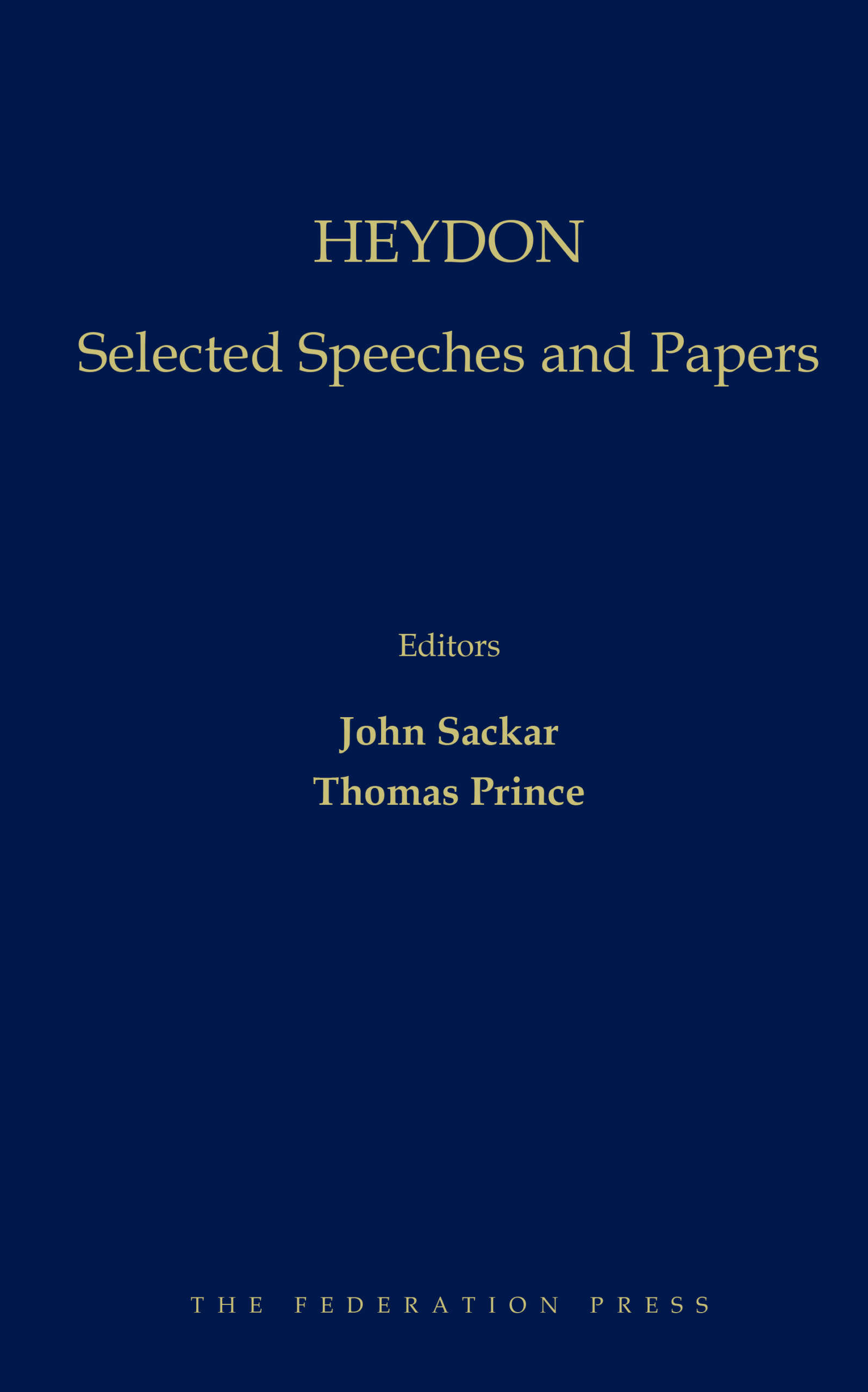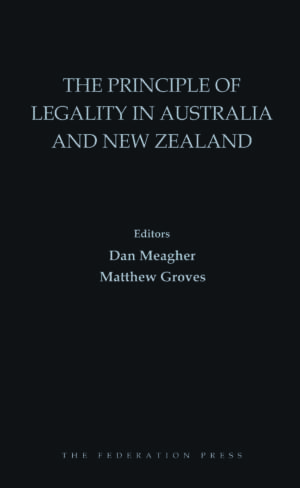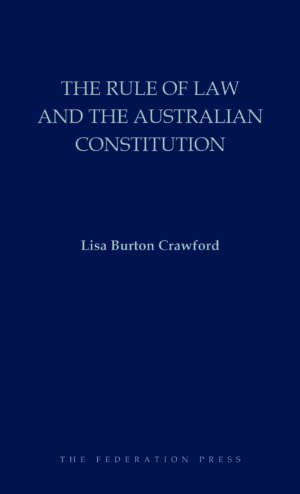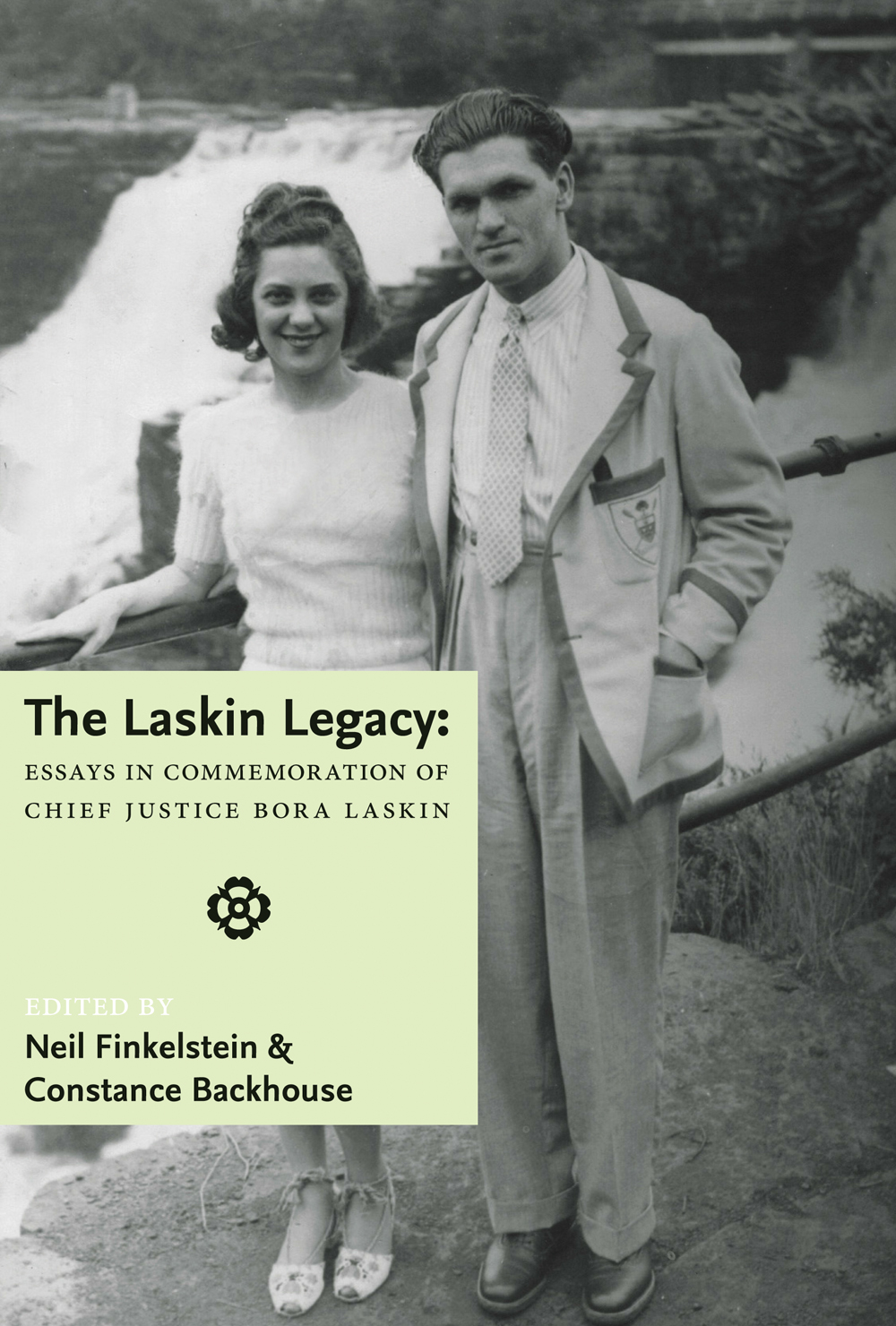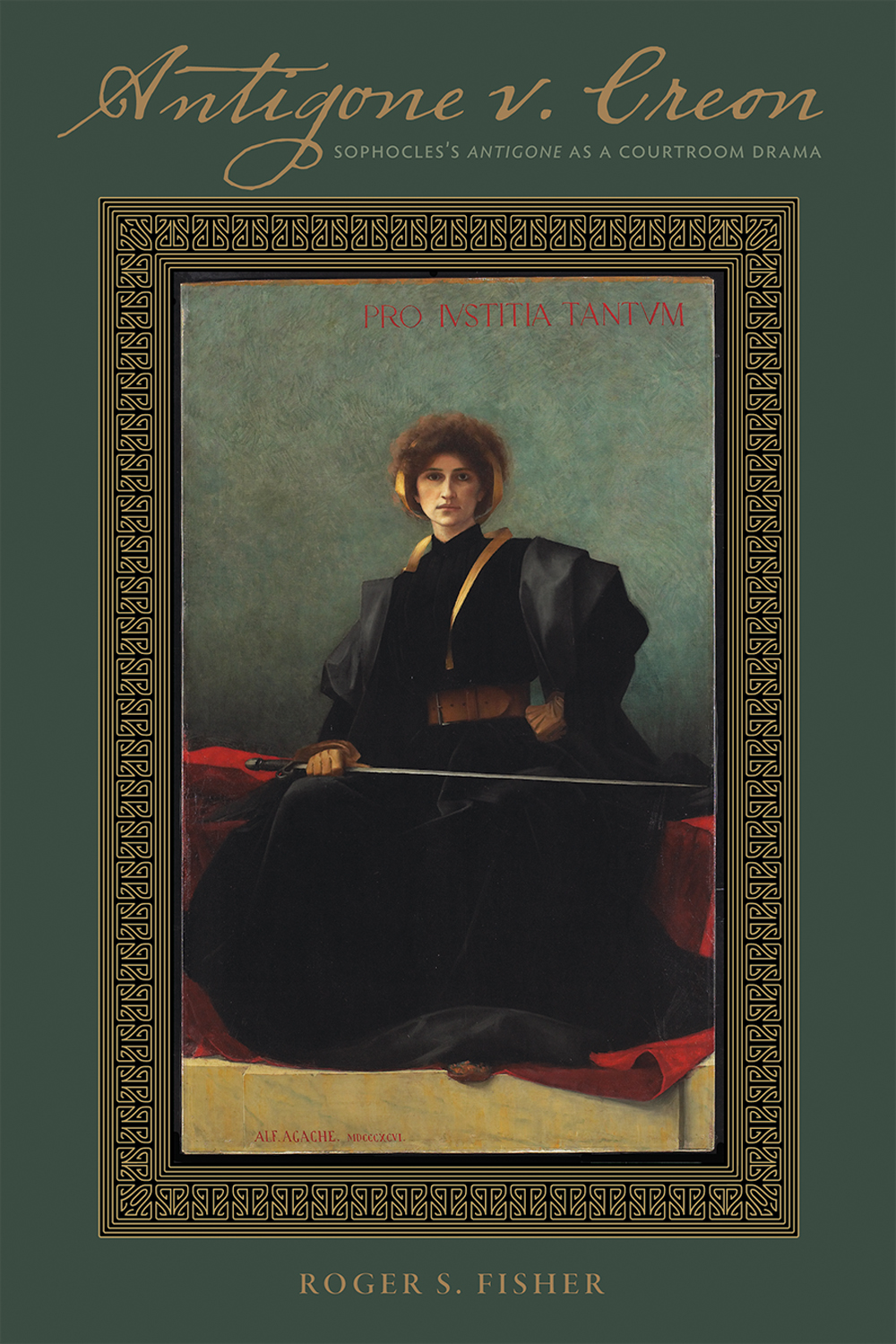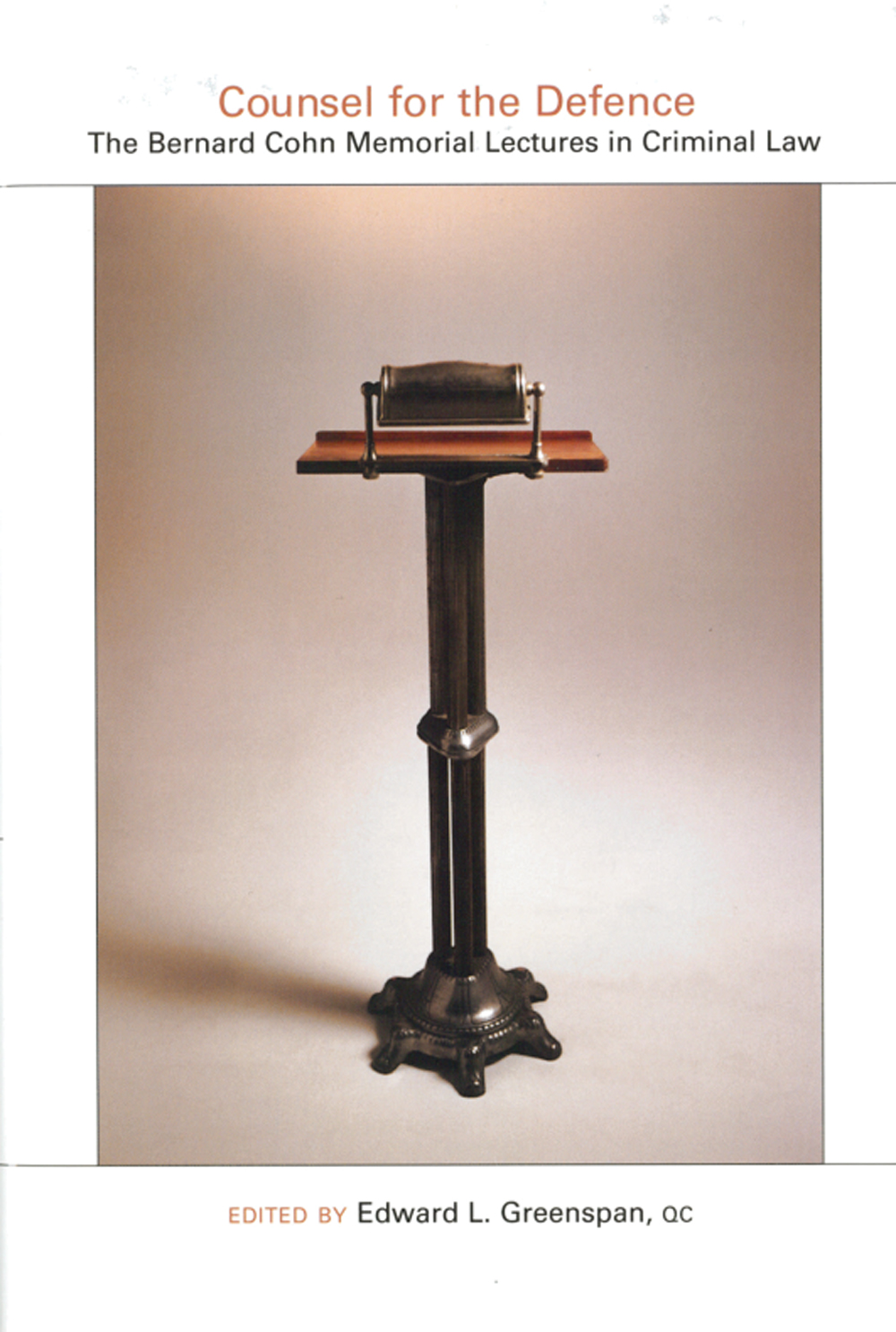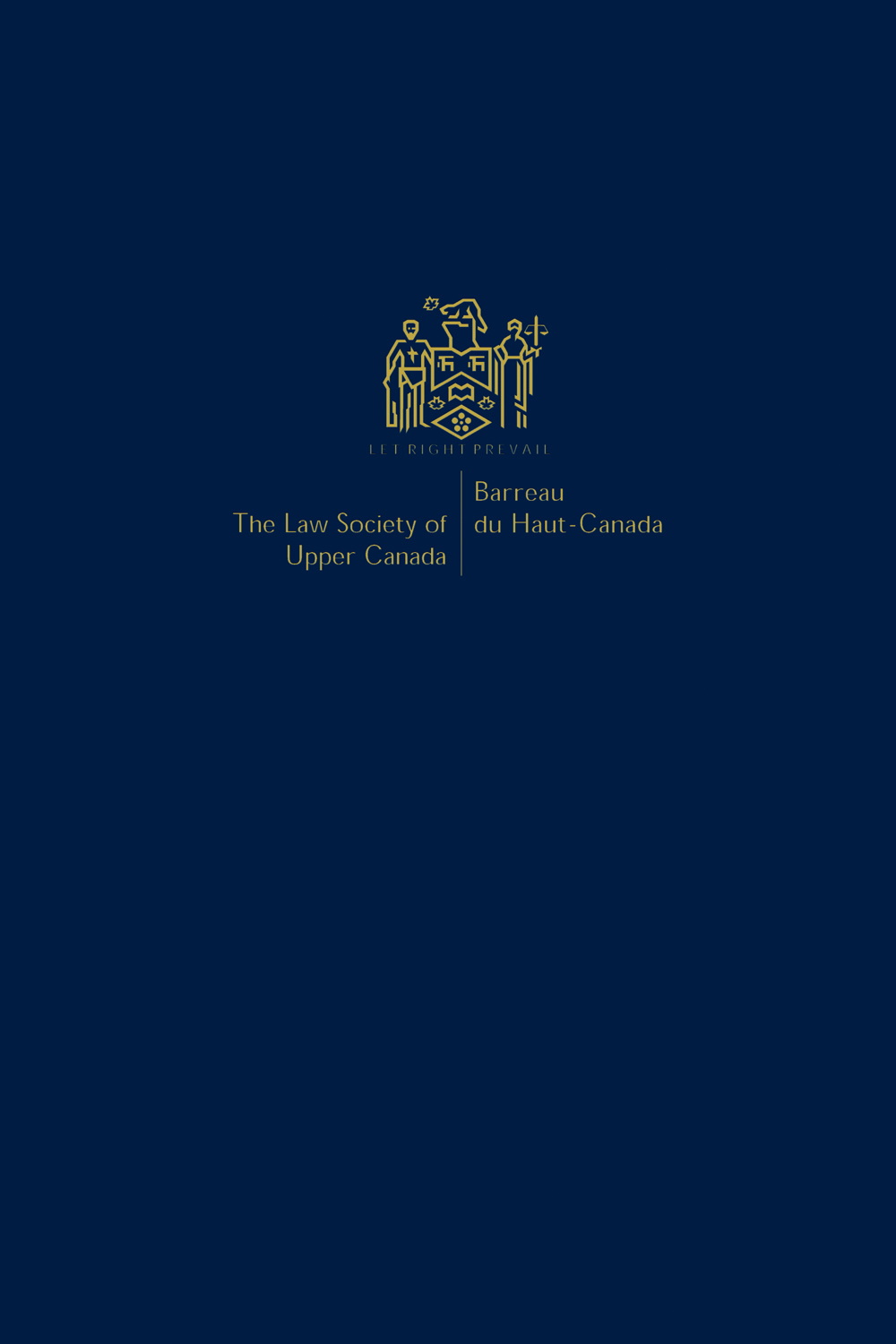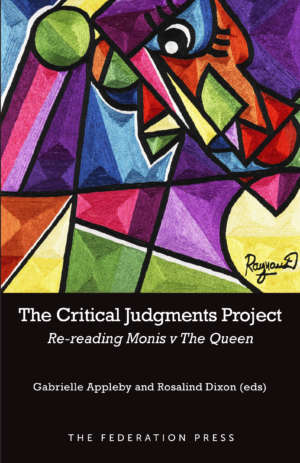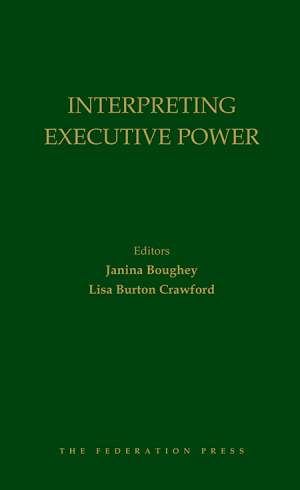Product Description
This insightful, rewarding and highly readable volume is a generous selection of the best of Dyson Heydon’s speeches and papers. Most have a legal theme, although the book is of broader interest. As the Hon Ian Callinan observes in his foreword, in these papers the author “combines the arts of the essayist, historian, orator, obituarist, reviewer, critic, teacher and advocate”.
The Honourable J D Heydon AC QC was a Rhodes Scholar for New South Wales, elected Dean of the University of Sydney Law School (aged 34), practised as a barrister (including as Queen’s Counsel after practising as a junior for a mere 8 years), before being appointed a Judge of Appeal and Justice of the High Court. He was the Commissioner of the Royal Commission into Trade Union Governance and Corruption in 2014-2015.
“Any reader of the Papers will be struck by the depth and width of the author’s scholarship. There is not one of the Papers that is not rich in unaffected literary, historical and legal allusion. They are a mine of interesting facts and intelligent fresh insights” (from the Foreword by Ian Callinan).
From the Book Launch, 15 August 2018:
The Hon Tom Bathurst AC, Chief Justice of the Supreme Court of New South Wales “There is much to say about Dyson Heydon’s achievements to date. This is attested to not just by the 800 pages comprising this book, but the fact that it represents a mere drop in the ocean of legal writing that Dyson has contributed both to this country and abroad. … To put it simply, this book stands out because of the breadth of the subjects the author has covered, and most extraordinarily, the depth to which he covers them. It reveals unparalleled ability in innumerable subjects including criminal, constitutional and comparative law. It also shows his ability to reflect deeply on the lives, habits and peculiarities of others, manifesting an understanding not just of the law, but of people – which some might say is a rare phenomenon in a lawyer.” Read Launch Speech…
Mr Rodney Cavalier AO “Each chapter is devoted in good measure to a love of words – composing and arranging, sometimes meandering into tangents characteristic of an address, but always driving the thesis with purpose. The register does not matter: speaking, writing, conversation, advocacy, dissertation, book, chapter, judgment, letter. Whimsy or solemn. Dyson loves words. For that reason, he loves books (every element of them) and he loves the private library, the essential statement of a thinking person. What he admires is not secret, they permeate the consideration of every profile, living and dead – writing and scholarship, proficiency in other languages, war service, assuming leadership.” Read Launch Speech…

